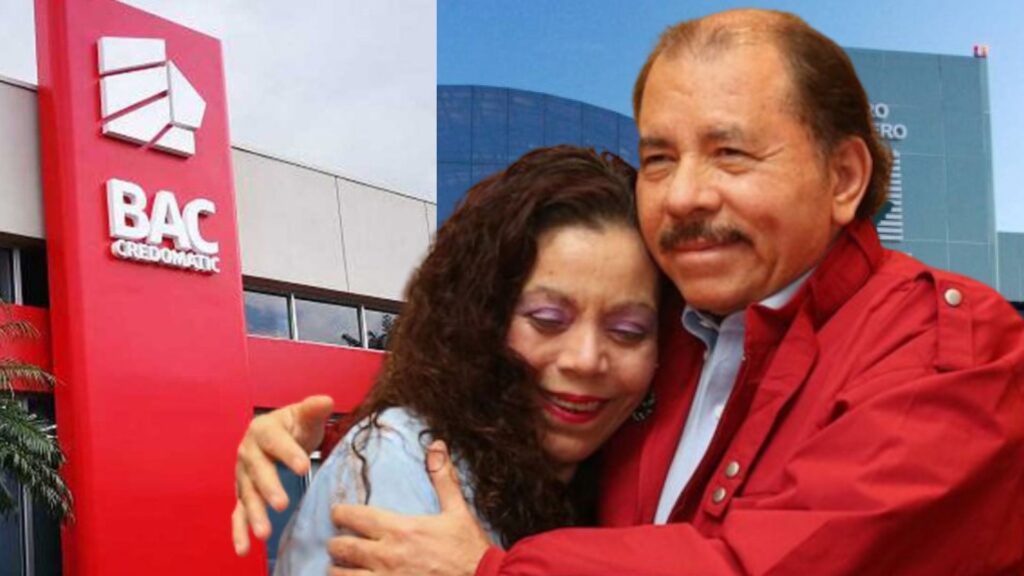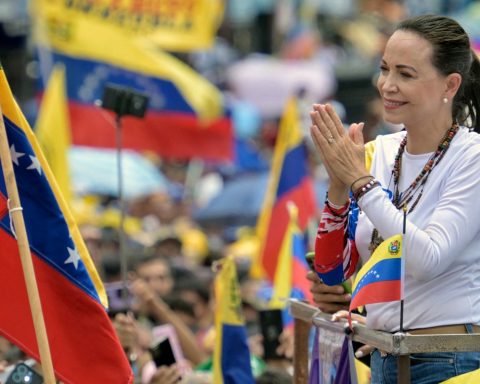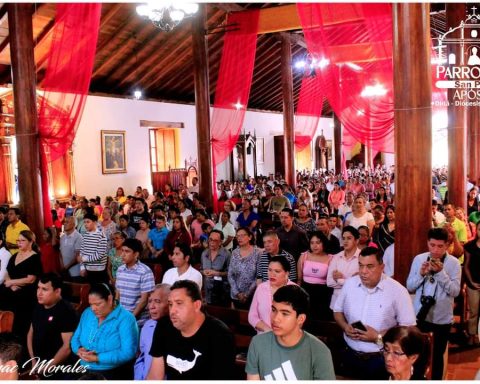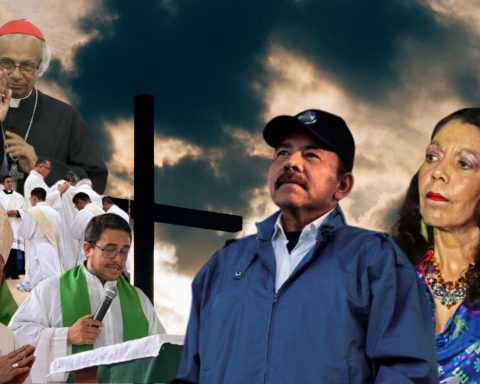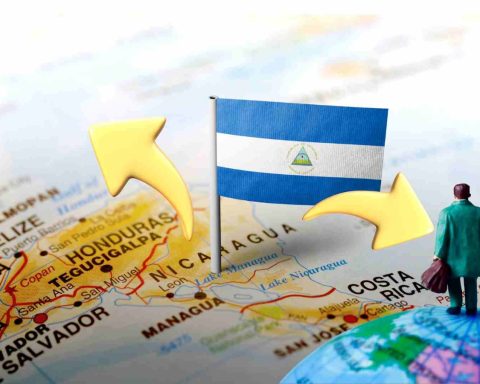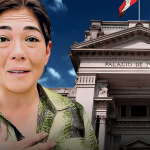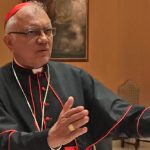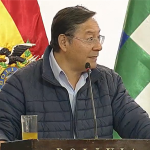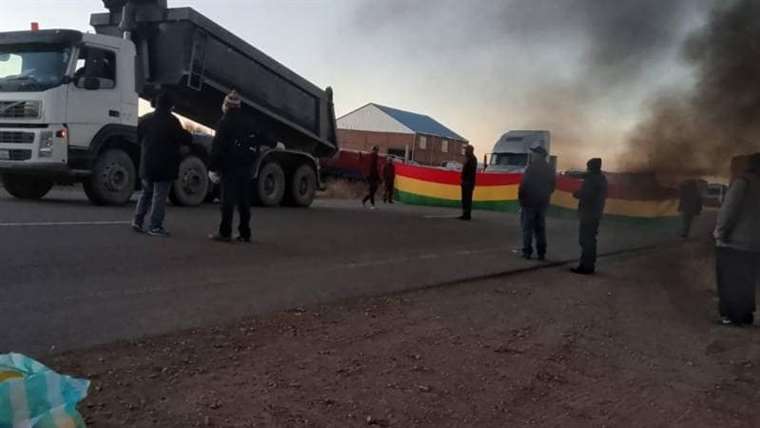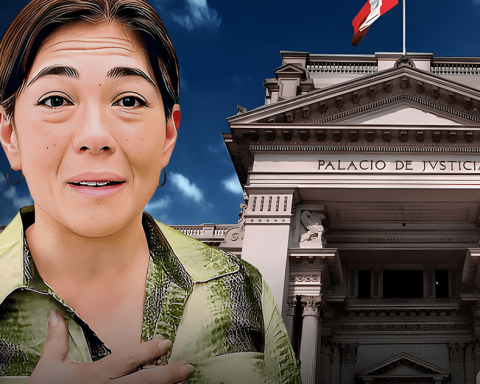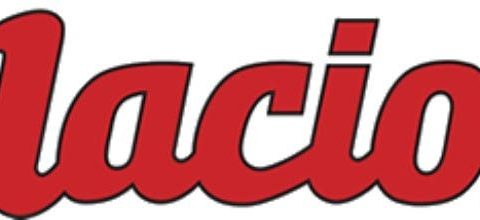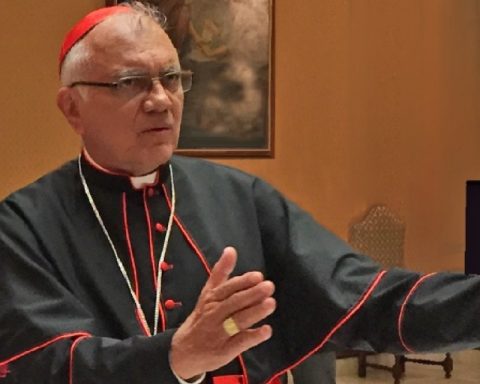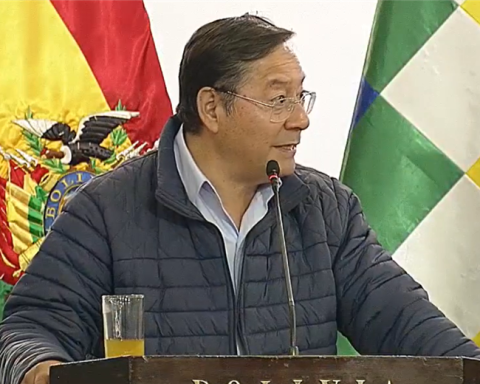An evil cycle that seems to be repeated in Nicaragua, hand in hand with Sandinism: on July 26, 1979, a few days after having overthrown the then dictator, Anastasio Somoza, the first Sandinista regime, represented by the Government Junta of National Reconstruction ( JGRN), which included Daniel Ortega, confiscated the national bank, accusing it of causing “disorder” in the financial system and of complicity with Somoza.
Almost 45 years later, Ortega himself threatens the banks with “sanctions” for alleged “complicity” with confiscated opponents whom he called “criminals” and “swindlers.” Analysts consulted by Article 66 They have warned of the seriousness of the dictator’s accusations and the dire consequences that such threats will have on the financial system.
Will Ortega dare to intervene in any bank or, in the most extreme case, intervene in the national private bank? Analysts believe not, because that would be a “shot in the foot” for the dictatorship, but now it is up to the dictator not to cause a stampede of account holders who, out of fear, will begin to withdraw their money from banking institutions.
Related news: Ortega’s threat against banks is serious and there will be effects on the financial system, analyst warns
On May 18, at the event marking the 129th anniversary of the birth of Augusto C. Sandino, the tyrant, with open cynicism, recognized the confiscations of property from Nicaraguan opponents, civil society organizations and businessmen and said that they were “restitutions.” » in favor of the people and seizures from criminals.
Immediately afterwards, Ortega said that some banks have “jumped” over the confiscations, warned that they have initiated investigations against these banking institutions and threatened with “sanctions” to those found “guilty.”
Such accusations, according to economist Juan Sebastián Chamorro, are as serious as they are irresponsible, because banking institutions, to be successful in their operations, depend on the trust of account holders and savers and Ortega’s threats sow uncertainty.

Even more so, according to Chamorro, when the population knows that Ortega can change the rules of the game overnight to attack the banks.
The economist believes that the dictator would not dare, under the current circumstances, to intervene in the national banking system; however, he warns that the threats and any other action that Ortega takes against banking entities will have serious consequences on the national financial system. in general and in private investments, which in themselves are already seriously affected.
Meanwhile, an economist who for security reasons asked that his identity be omitted, warns that Ortega’s threats to “sanction” some banks and did not even say which ones, is irresponsible as they would be causing fear in savers.
«Imagine, people know Ortega, they know the type of dictator he is. There are people who do not forget the nationalization of the banks in 1979 and Operation Bertha in 1988, in which they took his money. Now (the tyrant) comes out with an accusation of complicity in an alleged scam and the threat of sanctioning the banks. What can people believe? He may panic and take his money out of the banks. “Ortega is irresponsible,” said the economist.
disastrous memory
On July 26, 1979, just 7 days after taking power by force of arms, the Sandinista National Liberation Front (FSLN), represented by Daniel Ortega in the JGRN, issued the “Executive Decree Number 25: Nationalization of the Private Financial System.
Said Decree, in its article one, orders: “The private institutions of the financial system are nationalized through the acquisition by the State of all the shares of each of the respective corporations, under which form the institutions that comprise it operate.” .
In this way, the first Sandinista dictatorship completely eliminated private banking and the justification was that the bankers had caused disorder in the financial system and were “accomplices” of the overthrown dictator Anatasio Somoza. “The similarity cannot be a simple coincidence,” says the analyst consulted.
In 1988, exactly on February 14 of that year, when the day of love and friendship was to be celebrated, the Government of the then President of Nicaragua, Daniel Ortega, issued the Decree No. 306Monetary Conversion Law, known in history as “Operation Bertha”, with which they established that, as of the 15th of that month, every thousand córdobas became “one córdoba.”
Related news: Nicaraguan banks in danger: Ortega threatens them for alleged “complicity” with confiscated opponents
There was no celebration but tears from the Nicaraguans who saw their savings and possessions devastated overnight, having devalued them to a minimum.
Another action of the dictatorship that gives analysts a bad feeling is that, in March of last year, through the Ministry of the Interior, now the Ministry of the Interior, the Ortega-Murillos canceled the legal status of the Association of Private Banks of Nicaragua (ASOBANP).


That association, which had been founded in 1994, brought together Banco de la Produccion (Banpro), Banco de América Central (BAC), Banco Ficohsa Nicaragua (FICOHSA), Banco de Finanzas (BDF), Banco Lafise Bancentro and Banco Avanz.
The justification given by the Managua regime was that, supposedly, the organization had not reported its financial statements in a timely manner in the period from 2020 to 2021, and because its board of directors had expired since April 2020.
Banks are unprotected against the dictator
For the lawyer and opposition leader in exile Juan Diego Barberena, banks can actually do very little to help confiscated opponents, therefore he believes that Ortega’s accusation has no basis, since financial institutions could not help people who The dictator himself has disappeared as legal entities by denationalizing them and eliminating their national registries.
According to the lawyer, Ortega intends to “instill fear in Nicaraguan banks” to prevent them from granting credit or having banking-type relationships with some people or companies that the regime perceives as opponents.
«There is no way in which a bank can contribute to protect the person affected by the confiscation, for a simple reason, in any case, the bank grants mortgage loans so that these people can acquire their real estate, mortgage credit, which by else, that’s it. Let’s say it is a type of irrecoverable credit because the person does not legally exist (due to denationalization) and since this person does not legally exist, his legal personality has also been extinguished,” explained the jurist.
Related news: “Ortega could create his own banking association” before Asobanp is “decapitated”
In that sense, he explained that the banks “cannot compete with the dictatorship in terms of fulfilling an obligation, in this case, it could be a mortgage. “So there is no way that banks can help protect affected people from complications.”
Political scientist Felix Maradiaga explained to Article 66 that, Ortega’s attack against the national bank occurred because, when trying to destroy all the properties of the denationalized, exiled or already exiled opponents, he found himself with the obstacle that many of those properties were pledged or mortgaged. by banks, and saw it as an obstacle because, in legal terms, those properties are in the name of the banks.
That is why the dictator now accuses the banks of being supposed “accomplices” of the confiscated opponents, whom he calls “criminals”, and in addition, the tyrant would also be accusing the national bank of being a fraudster and a criminal.
For Barberena, the national bank is not facing legal-legal accusations from the dictatorship, but rather political accusations, which in any case, coming from the dictator Ortega, is worse.
It remains to be seen if Ortega dares to intervene in a bank or “nationalize” private banking. The Ortega-Murillo family companies move their money through the Nicaraguan banking system and a poorly calculated action could cause a stampede of account holders, something that does not suit the family in power.
